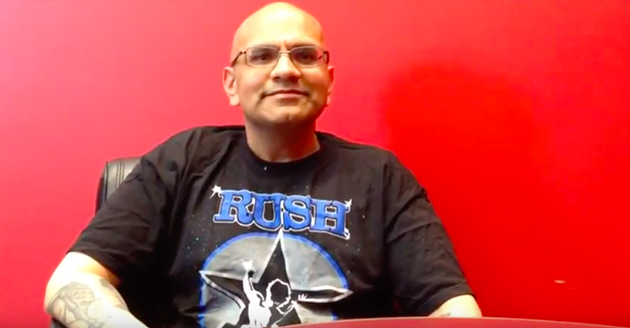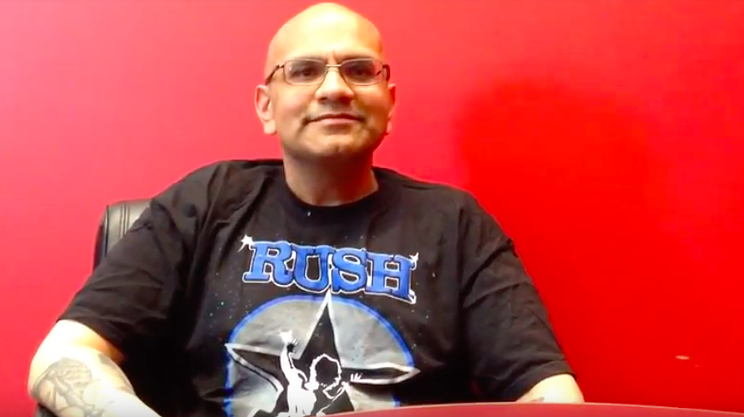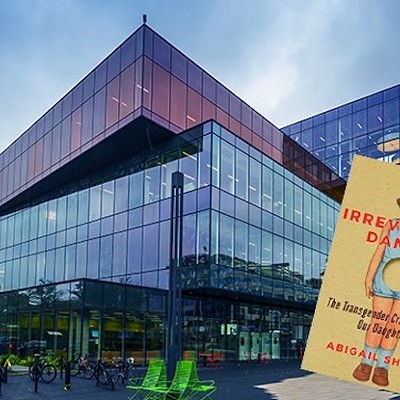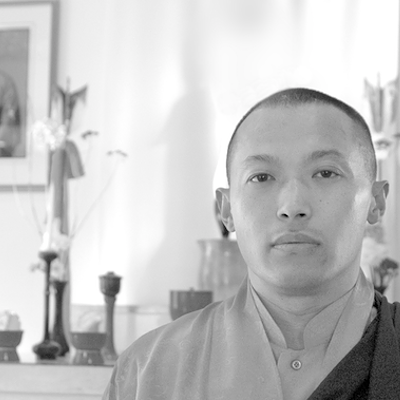Acadia University psychology professor Rick Mehta is in hot water over his social media posts about residential schools and multiculturalism. He’s not the first academic to find himself in this position.
In October, a Drexel University professor was placed on leave after posting on Twitter that a “narrative of white victimization” was to blame for the Las Vegas mass shooting, while in September a professor at John Jay College, which specializes in criminal justice, was suspended for tweeting that it was “a privilege to teach future dead cops.”
Jessica Durling, who started the petition calling for professor Mehta’s ouster, is right to point out that freedom of expression does not mean freedom from accountability (though, she is manifestly wrong in trying to classify his tweets as “hate speech”—which has a clear legal definition in Canada). But beyond the discussion of whether his online persona should disqualify him from the classroom, the issue raises an interesting question as to why social media (and Twitter in particular) seems to have a tendency to coarsen and even dumb down otherwise intelligent people.

A lot of ink has been spilt about the impact of social media on our political discourse and on our evolving relationship with the truth. But it is equally important to consider social media’s impact on how we actually express ourselves, and ultimately how we think. While it’s tempting to see Twitter as a place for casual observations and fleeting thoughts—the modern equivalent of what an earlier generation would say around the water cooler—it’s actually a terrible place to develop ideas: It’s permanent, it’s public, and through aggressive competition for attention and engagement it often pushes discussions in extreme directions. Floating an idea privately to a group of friends or colleagues can help to expose the weaknesses in the argument, and possibly lead you to rethink your position. Posting it online publicly attaches you to the position, which makes it more difficult to change course. What’s more, since social media platforms are effectively designed to be addictive, there’s a risk that, rather than providing a space to develop ideas, social media habits may increasingly dominate the way we think and express ourselves.
Looking at professor Mehta’s research specialization, it does not seem naturally connected to First Nations rights, residential schools, or even freedom of expression. And yet, with the growing attention as a result of this controversy, his tweets probably have a wider audience than any academic paper he’s ever published.
I wonder if he sees that as a bad or a good thing?


















